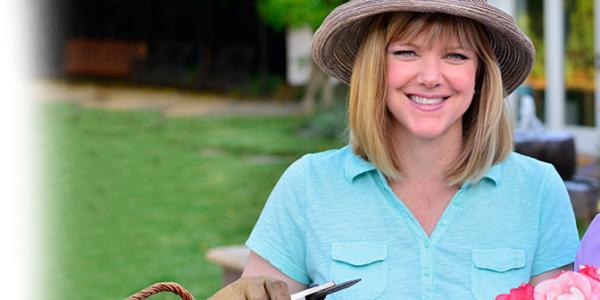
Five years ago, Barbara went to a urologist for what she initially assumed to be a recurring bladder infection.
"The pain was burning, and it was constant," recalls Barbara. "It was like a scalpel cutting into me, slice after slice. It was just horrible."
Barbara also found that she was running to the bathroom several times an hour to urinate, and she could barely get any sleep at night.
Her doctor tried four or five different antibiotics but nothing worked. After three years of medical appointments with no relief, Barbara had almost given up hope.
"I was ready to have my bladder removed," she says.
In a desperate attempt to find help for her condition, Barbara began searching online for another urologist, hoping to find someone who specialized in cases like hers. She found urologist Wesley Kong, MD.
Dr. Kong told Barbara she had interstitial cystitis (IC), an extremely painful condition due to the inflammation of the tissues of the bladder wall. IC is typically diagnosed after ruling out other conditions, such as sexually transmitted diseases, bladder cancer and bladder infections.
With most cases of IC, patients mistakenly believe they have a urinary tract infection and go for years without a proper diagnosis. Experts say there is about a four-year delay between the time symptoms occur and the time a diagnosis of IC is made.
Unfortunately, IC is notoriously difficult to treat. When Dr. Kong realized that medications were not helping Barbara, he suggested that she try pelvic physical therapy with Meenal Mujumdar, PT, who had started the Women's Pelvic Health Program at El Camino Hospital.
"Thank heavens I met Meenal," says Barbara. "Working with her was life-changing."
Although Barbara didn't know anything about pelvic physical therapy and was a bit hesitant to try it, she agreed to see Meenal. She went two times a week for sessions, during which Meenal gently manipulated the tissue that was causing her bladder to produce the painful spasms.
"I felt relief almost immediately," says Barbara.
Meenal and Barbara also worked together to figure out whether dietary substances were triggering her IC. Barbara realized alcohol and caffeine made it worse.
"Now, when I avoid alcohol and caffeine, I am nearly symptom-free."
Those two dietary changes, along with continued physical therapy on a reduced schedule, have made all the difference in Barbara's life.
Now Barbara says she can attend performances at the theater and not have to get up every 20 minutes to use the bathroom. And she sleeps much better at night, without the constant burning and need to urinate.
Barbara hopes her story will encourage other women to seek treatment for IC.
"Don’t give up," she says. "Find someone who's knowledgeable about this disease so you can get help, too."